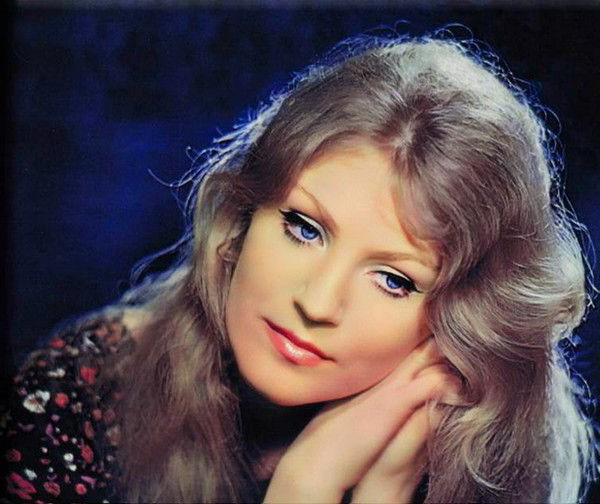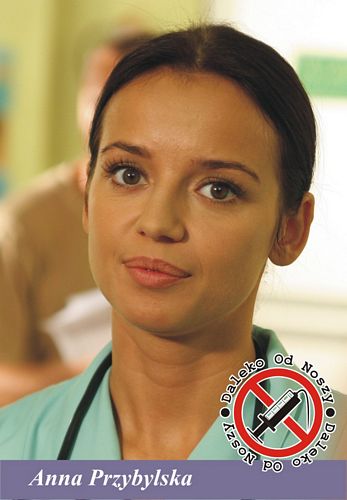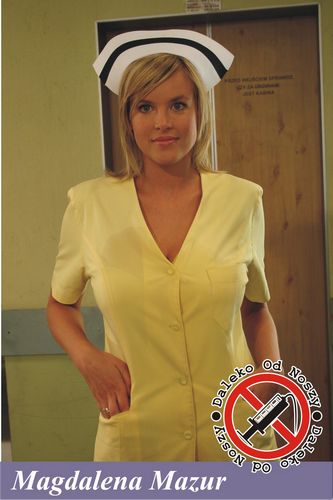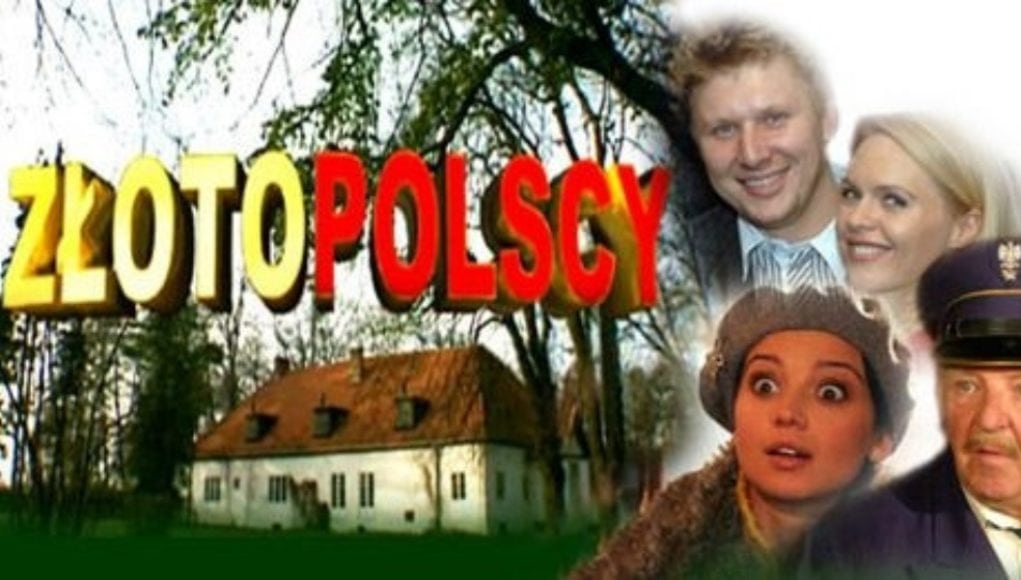Anna German – biography.

Anna German, from 1972 r. Anna Wiktoria German-Tucholska (ur. 14 February 1936 in Urgench, Uzbek SSR (USSR), D. 25/26of August 1982 in Warsaw) -Polish singer and composer, actress, a geologist by education. She sang in seven languages: in Polish and Russian, as well as in German, Italian, Spanish, English and Latin.
Winner of festivals, e.g. w Monte Carlo, Wiesbaden, Bratislava, Sanremo, Naples, Viareggio, Cannes, Ostend, Sopot, Opole, Kolobrzeg, Zielona Góra. Twice recognized as the most popular Polish singer among American Polonia (1966, 1969). Gold record winner for the longplay Human Fate recorded in 1970 year.

She performed in the United States, Canada, Great Britain, Australia, France, Portugal, Italy, in Hungary, in Mongolia,GDR, FRG, CSRS and the USSR. She has released albums in Polish, Russian and Italian.
Biography Anny German.
Anna German's father was Eugen Hórmann (Eugene German) (born. 1910, He died. 1938), accountant born in Łódź. My paternal ancestors came from Germany. At the turn of the 18th and 19th centuries. settled in Ukraine. W 1819 Anna's great-grandfather founded the village of Hoffnung (now Olgino). Friedrich Hormann was born there (Hermann). He studied at the Evangelical Seminary in Łódź. There he married Anna Balach and w 1910 his son Eugene was born. After graduation, he returned to Ukraine with his family. W 1929 r. as a result of repressions, he was arrested and sent to a labor camp. Eugen decided to flee the USSR via Central Asia and Iran.

Mother, Irma German, by the second vow of Berner of the house of Martens (ur. 1909, D. 30 January 2007), descended from the Dutch Mennonites, residing in Wielokniażeskoje in Kuban, brought to Russia by Empress Catherine II. After the war, for many years she was a lecturer of German at the Agricultural University in Wrocław.

Anna German's grandmother moved from her hometown of Kuban to Fergana in Uzbekistan, her daughter Irma met her husband there. Fleeing from the NKVD, they moved to Urgencz, Anna was also born there. Then the family moved to Tashkent. W 1937 r. when Irma was pregnant for the second time, her husband was arrested on charges of espionage and 1938 r. executed. After their father was arrested, they were displaced from Fergana and sent to Kyrgyzstan. In the same year, their son Fryderyk was born. At the age of two, Anna's brother died of scarlet fever. W 1942 Irma remarried, za Sister Bernera. One year later Herman, as an officer of the Polish People's Army, he died in the Battle of Lenino, which the family found out much later. W 1946 r. Irma German, as a Polish wife, submitted repatriation documents and left for Poland with her daughter and mother. Initially, they lived in Nowa Ruda. W 1949 r. moved to Wrocław and settled at Trzebnicka Street. Anna attended the VIII Liceum Ogólnokształcące im. Bolesław Krzywousty in Wrocław, which she graduated from in 1955 r. In January 1962 r. obtained a master's degree in geology at the University of Wrocław on the basis of her master's thesis "Geological picture of the vicinity of Zatonie (Snuggery)”. She graduated with honors.

Anna German's artistic career.
She made her debut as a singer in 1960 r. in Wrocław's Kalambur. W 1963 In 2009 she took part in the 3rd International Song Festival in Sopot, where she won the second prize on the Polish Day for the song "I'm so bad with it”. Whereas in 1964 r. won the second prize at the Song Festival in Opole, singing the song "Dancing Eurydyki”. Then she won two awards for "Dancing Eurydyki” during the International Song Festival in Sopot in 1964 r.: I (on Polish day) to III (on the international day).

During the 3rd Song Festival in Opole in 1965 r. won the first prize for the song "I will bloom with a rose”. During this period, she met her future husband – Zbigniew Tucholski. She was also invited by the Italian record company “Company Discografica Italiana” (CDI) to Italy. W 1966 r. signed a three-year contract with CDI. In the same year, she performed on the stage of the Paris Olympia. W 1967 r. she was the first and only Polish artist in history to sing at the 17th Festival in San Remo, and also as the first foreigner at the 15th Neapolitan Song Festival.

W 1967 r. returning from a concert in Italy, was involved in a car accident on the Highway of the Sun. However, there are sources, which give a different version: “Initially, Renato was driving on a public road, because he saved on tolls. In the end, however, he chose the highway. Against that though, what Anna German's biographers write, not the famous Highway of the Sun, that is A-1, but A-14 from Rimini, which only north-west of Bologna joins the A-1″. She was recovering for three years. During her convalescence, she wrote a biographical book entitled. Return to Sorrento?, in which she recalled her career and artistic work in Italy. W 1968 r. received the Award of the Committee for. Radio and TV Award for outstanding achievements in the field of Polish song popularized on radio and television.

She returned to the stage in 1970 r. She recorded her third album in Polish entitled. Human fate. In June 1970 r. appeared again at the Song Festival in Opole. She won there an award for the song "Human fate” and "Perhaps”. W 1971 r., also at the festival in Opole, received the audience award for "Four Cards”. In May 1971 r. participated in the gala during the opening of Spodek in Katowice at 12 thousandth audience. Also in 1971 r. received the Award of the City of Warsaw for outstanding achievements in the field of promoting culture.

23 brand 1972 r. She married Zbigniew Tucholski. They were both members of the Seventh-day Adventist Church. 27 November 1975 r. their son Zbigniew was born. Due to motherhood, German suspended her artistic activity for a year.
W 1973 r. At the Song Festival in Opole, she received a distinction for the song "Ballad o heaven i Ziemi”. W 1974 in connection with the jubilee of People's Poland, awarded the Golden Cross of Merit. W 1978 r. in honor of the first Pole to fly into space, Mirosław Hermaszewski recorded a song entitled. “In a big cosmic family”. The artist performed many times at the Soldiers' Song Festival in Kołobrzeg, where in 1979 r. won the Golden Ring for the song "What Baltic talks about” and the Golden Cord (honorary award of the weekly "Polish Soldier”) and at the Festival of Soviet Song in Zielona Góra (last time in 1979 r.). Her last Polish album was recorded in 1979 r., and the last in Russian in 1980 r.

W 1980 for her artistic achievements she was awarded the Knight's Cross of the Order of Polonia Restituta. For the popularization of Polish song in the USSR, she received the TPPR Honorary Badge (Polish-Soviet Friendship Society).
Mid-years 70. she was diagnosed with cancer. In the fall 1980 r. after returning from concerts in Australia, the disease diagnosed as bone sarcoma relapsed. Being in an advanced stage of the disease, she composed psalms and songs dedicated to God. She recorded the songs she performed on a home tape recorder. After two years, she lost her fight with a serious illness, dying at night 25 on 26 of August 1982 year at the Warsaw Clinical Hospital at Szaserów Street. Anna German's funeral took place 30 of August 1982 r. The artist was buried at the Evangelical-Reformed cemetery in Warsaw (kw. 3, government 4. grave 8a); on the tombstone there is a quote from the Psalm 23: "The Lord is my shepherd”.
Anna German's voice type.
Alto features. The artist mostly sang in the range of this voice, fully meeting the parameters required for this range, focusing on alto pieces, freely extending to the middle of a minor octave, only sporadically emphasizing the presence in the two-line octave. Determination of Anna German's voice type, like most entertainers, it is difficult.
– SOPRANO GUILDS. THE TYPE OF ANNA GERMAN'S VOICE AND THE PERFORMANCE OF SEVERAL ARIES BY DOMENICO SCARLATTI SPEAK FOR THE CLASSIFICATION OF THIS VOICE., SHOWING THE CONSISTENCY OF THE SINGER'S VOICE TIMBER AT LEAST HALF A DOUBLE OCTAVE, PREDESTINATED TO THE PERFORMANCE OF BAROQUE MUSIC.
– CONTRALT FEATURES. THEORETICAL CLASSIFICATION FOR THIS VOICE IS A VARIETY OF SCALE, VOCAL POSSIBILITIES IN THE LOWER REGISTER, VOICE CLARITY (BUT HAVING A COMPLETELY DIFFERENT COLOR FROM THE CONTRALT.
– FEATURES OF MEZOSOPRANO – THE NATURAL SCALE OF A SINGER.
– COLORING SKILLS. CLASSIC PERFORMANCE. ALTHOUGH THE SINGER HAD A CERTAIN TECHNIQUE REQUIRED IN CLASSICAL MUSIC FOR COLORRATURE SINGING (IN THE SENSE OF TECH, AND NOT SCALE) AND REALIZED CLASSIC PIECES OF REALLY HIGH DIFFICULTY, HOWEVER, IT WAS NOT A STRICTLY CLASSICAL SINGER, AND CLASSICAL MUSIC WAS MORE OF THE MARGIN, VARIETY OF ITS RICH REPERTOIRE. HOWEVER, IN CLASSICAL PERFORMANCE, YOU CAN SEE A DEEP COMMITMENT, THAN MOST OF THE ARTISTS OF THE CLASSICAL CROSSOVER STYLE, APPEARING AMONG OTHERS IN THE SELECTION OF THE ACCOMPANIMENT (AN EARLY MUSIC GROUP INSTEAD OF MODERN FORMS).








